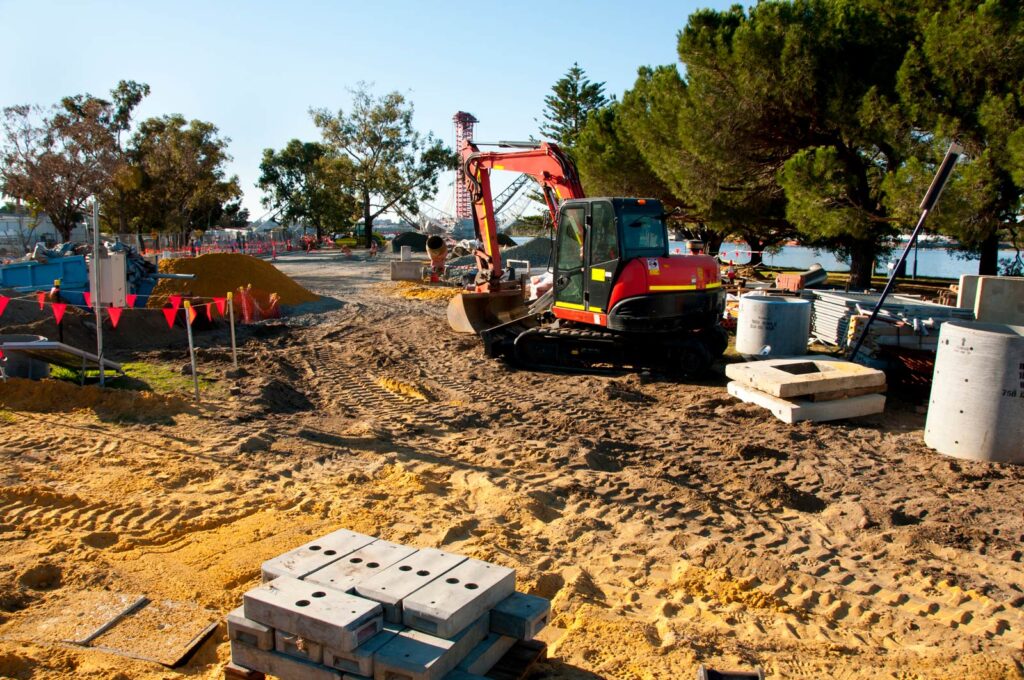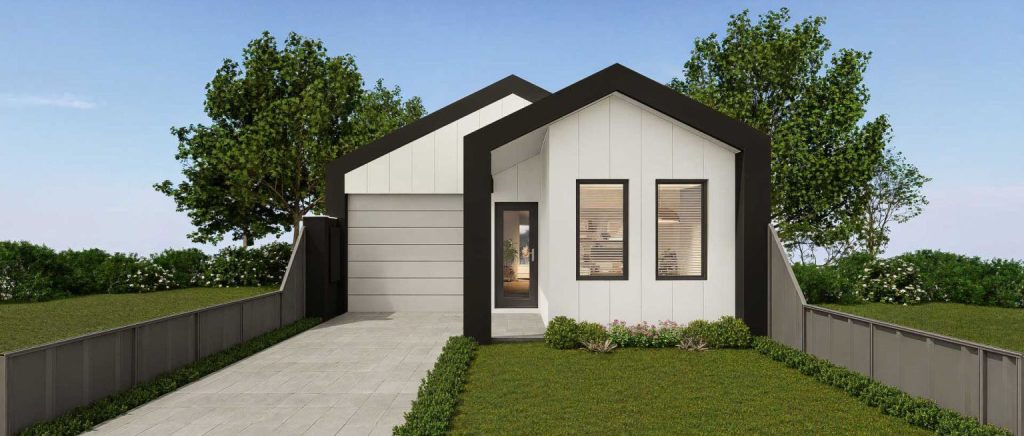The Perth Building Materials Landscape
Perth’s construction industry faces unique challenges with material costs consistently ranking among the highest in Australia. Local builders and homeowners must navigate a market where premium quality often comes with substantial price tags, while budget options may compromise durability in Western Australia’s harsh climate conditions.
The building materials market in Perth is influenced by several factors:
- Geographic isolation increasing freight costs
- Limited local manufacturing capabilities
- High labour costs affecting production and installation
- Stringent building codes and regulations
- Climate considerations requiring specific material properties
Common Building Materials: Price Points and Quality Indicators
Structural Materials
Concrete and Cement Products
Concrete remains the foundation of most Perth constructions, with significant price variations based on grade and application:
| Concrete Type | Average Cost (Perth) | Durability Rating | Best Application |
| Standard Ready-Mix | $250-300/m³ | Medium | General construction |
| High-Strength | $320-400/m³ | High | Commercial, load-bearing |
| Exposed Aggregate | $280-350/m³ | Medium-High | Decorative driveways, paths |
| Polished Concrete | $120-180/m² (installed) | High | Interior flooring |
Timber Framing vs Steel Framing
The timber versus steel debate continues in Perth construction:
Timber framing ($25-35/m²) offers:
- Lower initial cost
- Easier on-site modifications
- Natural insulation properties
- Susceptibility to termites without proper treatment
Steel framing ($38-50/m²) provides:
- Superior strength and durability
- Termite resistance
- Dimensional stability in varying weather
- Higher initial investment but potentially lower lifetime costs
External Cladding Options
Brick and Masonry
Perth’s traditional preference for double-brick construction stems from its durability in the local climate:
- Standard clay bricks: $800-1,200 per 1,000 bricks
- Premium face bricks: $1,200-2,000 per 1,000 bricks
- Limestone blocks: $75-120 per m²
- Rendered brick: Additional $45-65 per m² for rendering
Alternative Cladding Systems
Modern alternatives gaining popularity include:
- Fibre cement cladding: $50-80 per m² (material only)
- Weatherboard (timber): $80-120 per m²
- Metal cladding: $60-100 per m²
- Vinyl cladding: $45-70 per m²
Quality Assessment Frameworks
Durability in Perth’s Climate
Perth’s climate presents specific challenges for building materials:
- Hot, dry summers with intense UV exposure
- Coastal salt exposure in western suburbs
- Seasonal heavy rainfall periods
- Temperature fluctuations
Materials should be assessed based on:
- UV resistance ratings
- Corrosion resistance (especially near coast)
- Thermal performance
- Moisture resistance
Sustainability Considerations
Sustainable materials often command premium prices but deliver long-term benefits:
- Lower energy costs through better thermal performance
- Reduced maintenance requirements
- Higher resale value
- Potential rebates and incentives
Cost-Effective Quality: Finding the Balance
Value Engineering Approaches
Smart material selection can optimise both cost and quality:
- Hybrid material systems – Using premium materials only where needed most
- Material substitution – Identifying comparable alternatives at lower price points
- Bulk purchasing – Negotiating volume discounts for larger projects
- Waste minimisation – Precise ordering and efficient design to reduce offcuts
Life-Cycle Cost Analysis
The true cost of building materials extends beyond purchase price:
- Installation costs (some premium materials require less labour)
- Maintenance requirements
- Expected lifespan
- Energy efficiency impacts
- End-of-life disposal or recycling costs
Perth Supplier Landscape
Major Suppliers vs Independent Retailers
Perth’s building material supply chain includes:
Major Retailers:
- Bunnings Warehouse
- Reece
- Boral
- BGC
Independent Specialists:
- Midland Brick
- Austral Bricks
- Jason Windows
- Stramit Building Products
Independent suppliers often provide more specialised products and technical support, while major retailers may offer better pricing on standard materials.
Making Informed Decisions
Quality Indicators to Look For
When assessing building materials in Perth:
- Compliance certifications – Look for Australian Standards compliance
- Warranty periods – Longer warranties typically indicate manufacturer confidence
- Local case studies – Materials proven in Perth conditions
- Builder recommendations – Experienced local builders know what performs well
Questions to Ask Suppliers
Before purchasing:
- Is this product specifically suited to Perth’s climate?
- What is the expected lifespan under local conditions?
- Are there any special maintenance requirements?
- Can you provide examples of local projects using this material?
Conclusion
The building materials market in Perth presents a complex balance between cost and quality. While premium materials often deliver superior performance and longevity, strategic selection and application of materials can help achieve excellent results within reasonable budgets.
For most Perth construction projects, investing in quality for structural and high-exposure elements while economising on less critical components offers the best balance between immediate affordability and long-term value.
Contact Better Way 2 Build today to discuss how our building brokerage services can help you navigate material selections for your next project, ensuring you get the best value without compromising on quality.




